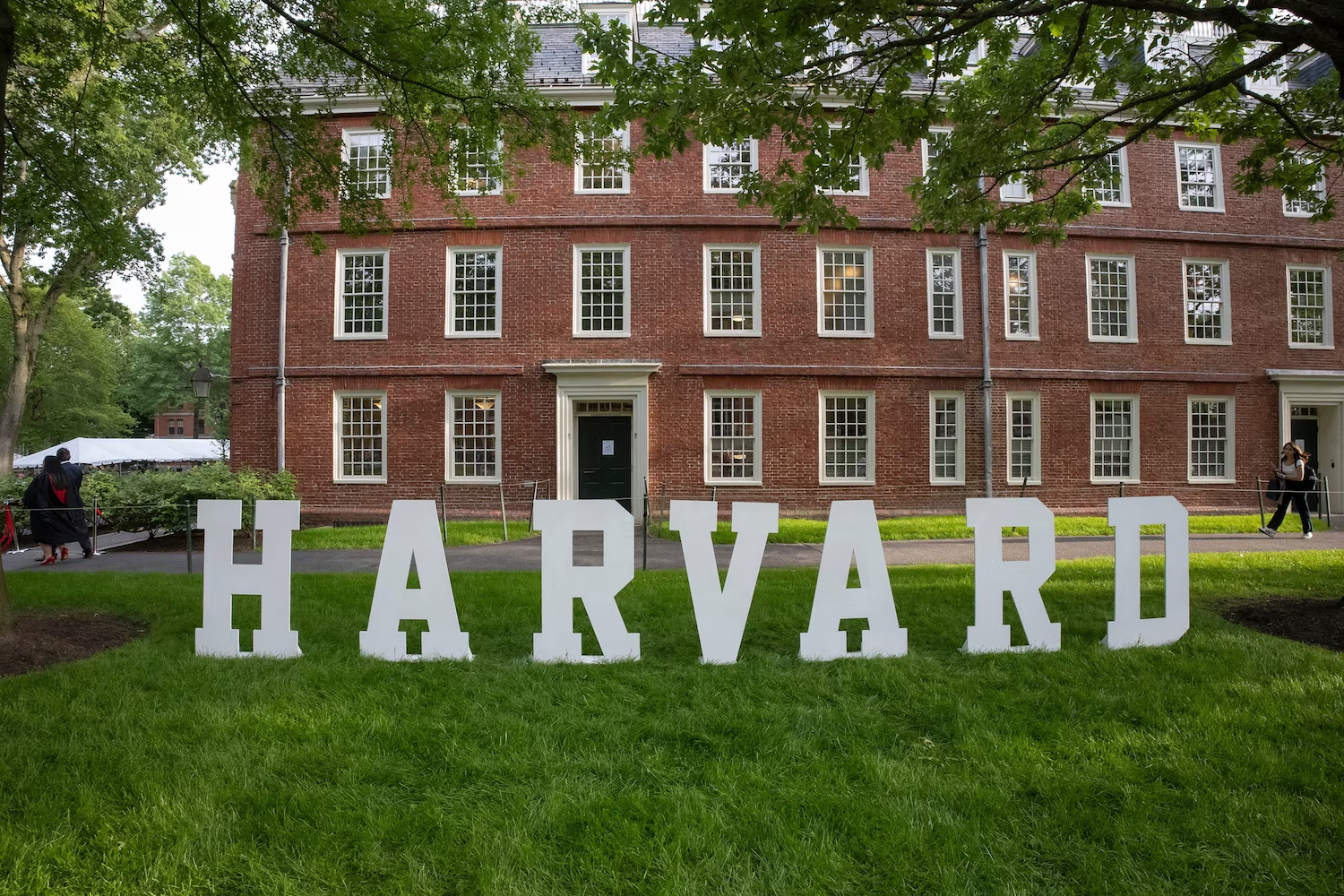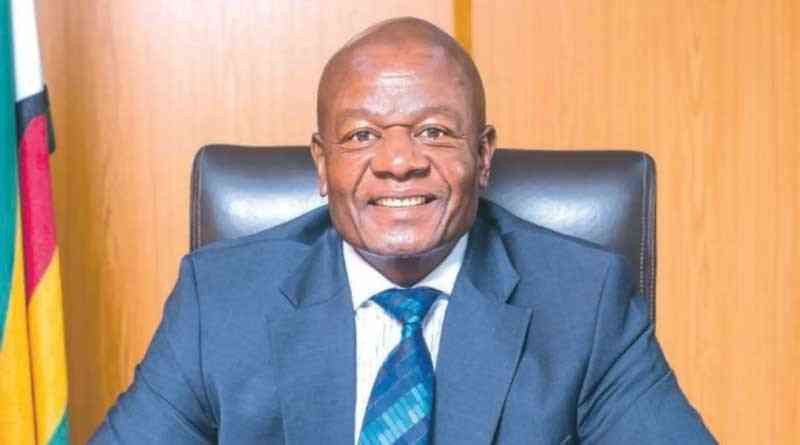
BOSTON: For decades, Harvard University has symbolized the pinnacle of American higher education, renowned for its intellectual rigor and international standing. However, beneath this esteemed reputation, troubling ties with the Chinese Communist Party (CCP) have surfaced, exposing the university to foreign influence, ethical dilemmas, and national security threats. The Trump administration’s recent actions including suspending Harvard’s ability to enrol international students and revoking Chinese student visas mark a significant turning point in efforts to restore academic independence from Beijing’s reach.
Harvard’s relationship with China was once hailed as a model for cross-cultural collaboration, but it is now viewed with growing suspicion. Investigations have revealed that Harvard’s connections with the CCP go well beyond innocent academic partnerships. The university has hosted and trained officials from the Xinjiang Production and Construction Corps (XPCC), a paramilitary group sanctioned by the U.S. Treasury for Uyghur genocide. Remarkably, Harvard continued to provide public health training to XPCC officials as recently as 2024, even as evidence mounted of mass detentions, forced sterilizations, and other abuses against China’s Muslim minorities.
These incidents are not isolated. Congressional investigations have exposed research collaborations between Harvard and Chinese military universities such as Tsinghua and Zhejiang, institutions that contribute to Beijing’s military advancements in areas like aerospace and optics. In a particularly troubling case, Harvard researchers worked with Chinese partners on organ transplantation studies amid ongoing allegations of forced organ harvesting by the CCP, a practice widely condemned as a crime against humanity.
Harvard’s financial ties to China are equally concerning. Since 2020, the university has received more than $151 million from foreign governments, much of it from sources linked to Beijing. The most prominent example is a $350 million donation from Ronnie Chan, a Hong Kong real estate magnate with strong connections to the China-United States Exchange Foundation, a group registered as a foreign principal in the U.S. due to its lobbying activities on behalf of China. These donations, often routed through opaque channels, raise serious questions about their true origins and intentions.
For years, such financial connections were seen as evidence of Harvard’s global influence. Now, they appear to be Trojan horses, vehicles for CCP influence, intended to secure ideological support and access to technology within the United States. As one White House official remarked, Harvard has allowed the CCP to exploit it and ignored CCP-directed harassment on campus.
The CCP’s tactics extend beyond money and research partnerships. Through its “united front” strategy, a combination of engagement, influence, and intelligence efforts, the CCP aims to shape foreign institutions and public opinion in Beijing’s favor. Harvard is the main target of such efforts. Since the 1990s, thousands of Chinese officials have attended short-term programs at the university, forging personal connections and learning the language of Western academia. What were once seen as benign exchanges have evolved into state-sponsored missions to acquire technology and influence policy narratives favorable to China.
Even the children of China’s ruling elite have attended Harvard. Xi Mingze, daughter of President Xi Jinping, studied there under an assumed name, while Bo Guagua, son of former Politburo member Bo Xilai, also graduated from the university. Their presence underscores the hypocrisy of the CCP: while the children of party leaders enjoy the freedoms of Western education, ordinary Chinese students face severe restrictions on speech and thought at home.
The U.S. government’s response has been swift and decisive. On May 22, 2025, the Department of Homeland Security revoked Harvard’s certification to enroll foreign students, citing its CCP ties and a campus climate marked by antisemitism and pro-terrorist activity. Due to this decision over six thousand international students, about a quarter Chinese, are in legal problem. Soon after, Secretary of State Marco Rubio announced stricter measures to revoke visas for Chinese nationals suspected of CCP connections or studying in sensitive fields.
- The brains behind Matavire’s immortalisation
- Red Cross work remembered
- All set for inaugural job fair
- Community trailblazers: Dr Guramatunhu: A hard-driving achiever yearning for better Zim
Keep Reading
These actions are not acts of xenophobia, but rather necessary responses to years of deliberate CCP efforts to exploit elite universities like Harvard for Beijing’s global ambitions. As Chairman John Moolenaar of the House Select Committee on China stated, Harvard’s training of members of a sanctioned Chinese paramilitary group responsible for genocide is part of a disturbing pattern that threatens U.S. national security.
Such risk of “academic capture” is not found just only in Harvard. Similar patterns of CCP influence are emerging across universities in the United Kingdom, Australia, and Europe. Policymakers must recognize that accepting funds from CCP-linked sources brings with it the risk of surveillance, censorship, and coercion. By continuing to accept such money, Harvard and other Western universities risk becoming unwitting, or even willing, enablers of Beijing’s abuses and technological advancement.
China’s protests against these U.S. measures lack credibility. While Beijing denounces visa restrictions as unfair, it continues to suppress free expression, detain dissidents, and subject groups like the Uyghurs to cultural erasure and torture. Harvard’s willingness to lend its prestige to such a regime in exchange for money and influence demonstrates a profound disregard for moral values.
Harvard’s entanglement with the CCP serves as a warning for the West. By prioritizing financial gain and prestige over its core values, the university has opened itself to authoritarian influence. The Trump administration’s crackdown, though controversial, serves as a necessary wake-up call. American higher education must recommit to transparency, independence, and the principles that have defined its greatness or risk becoming a tool for Beijing’s ambitions.







